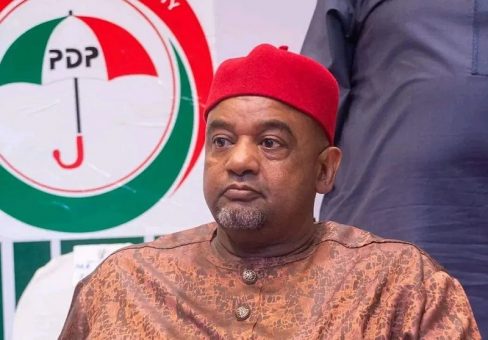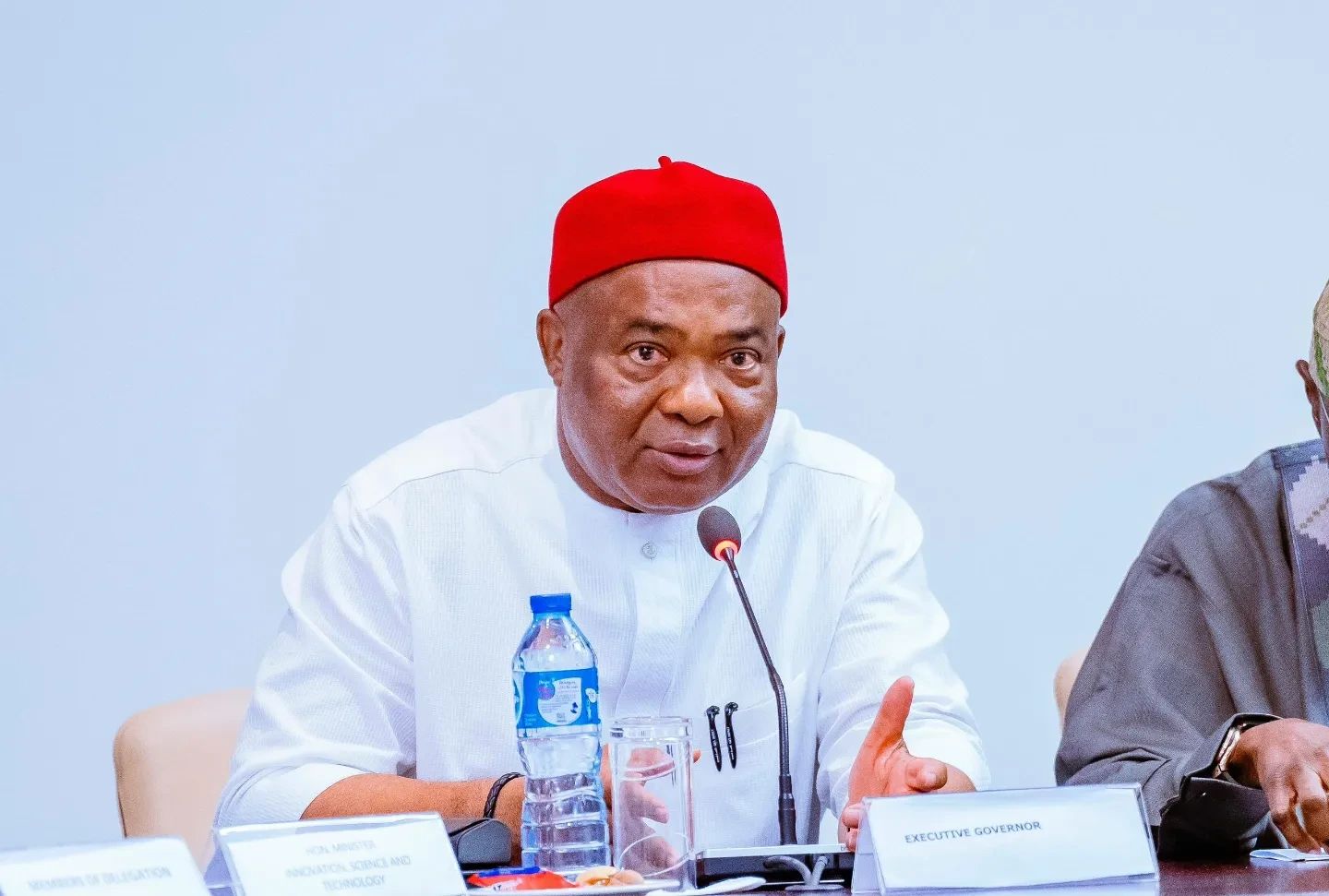Nigerian scholars currently on the sponsorship of the Tertiary Education Trust Fund (TETFund) abroad have accused the agency of omitting them in the disbursement of funds.
The scholars who noted that 45 percent of them were not captured for payment also alleged that most of them were shortchanged.
Speaking through their chairman, Kamal Odunjo-Saka, the scholars said TETFund acted against President Bola Tinubu’s directive to support all foreign Nigerian scholars affected by the exchange rate.
He said the revelation was made through an investigation on the claim by TETFund that N3.8billion had been spent as bailout to stranded Nigerian scholars overseas due to rising foreign exchange rate.
It would be recalled that the Executive Secretary of TETFund, Sonny Echono, had in May declared that the agency spent N3.8billion as bailout to the affected scholars who had sought for the Federal Government’s intervention in their dilemma.
The bailout, Echono added, was for 1,500 Nigerian scholars who had been abroad since 2017 till date.
Odunjo-Saka, in a statement made available to newsmen on behalf of the aggrieved scholars, appealed to President Tinubu to urgently come to their rescue by prevailing on TETFund to disburse their funds accordingly.
“We have absolute faith in our dear President and are very sure that he would consider our plight and urgently assist us by prevailing on TETFund to without delay, disburse our withheld funds for survival,” he said.
According to the group, the investigation revealed that 45 percent of the Nigerian scholars stranded abroad were omitted in the disbursement of the presidential bailout funds by TETFund.
“The group had also written SOS letters to several authorities including the Presidency, House of Senate, House of Representatives, Ministry of Education and Tetfund among others, and appealed for assistance and consultations made to their officials, but no positive response from the authorities and all effort proved abortive.
One of the SOS letters reads in part, “l am writing on behalf of all the Tertiary Education Trust Fund (TETFund) sponsored foreign scholars who were omitted from the payment of the recently approved Presidential Bailout to all TETFund foreign scholars within the year 2018 – 2023.
“Initially, the bailout was designed as a measure to cushion the effects of the COVID-19 pandemic, the Naira devaluation/exchange rate, and particularly, inflation in the cost of living on scholars, hence the reason for the timeframe under review (2018 – 2023) considering that scholars within this period are grossly affected.
“TETFund has been a cornerstone in supporting higher education in Nigeria, providing essential financial aid for infrastructure, research, and academic staff development. We sincerely appreciate the generous bailout approved by Mr. President, His Excellence, Asiwaju Bola Ahmed Tinubu, as this would alleviate the burden on Scholars. However, our confidence in the fair implementation of the disbursement has been severed.
Currently, about 45 percent of the TETFund sponsored foreign scholars were omitted in the disbursement of the presidential-approved bailout by TETFund, subjecting scholars to harsh conditions amidst the current economic realities.
“While we tried to engage TETFund to ensure fairness in the disbursement, scholars were told that some are not qualified, based on programme status, while our recent request for engagement was turned down by the agency.
“Meanwhile, both scholars on their programme and those recently completed were unjustly omitted without any tangible justification provided.
“Initially, there were no segregation of scholars or any discrepancies during the agreement of conditions for bailout. Also, both ongoing and completed scholars were paid during the first and second tranches of the disbursed bailout paid between January to March 2024. This includes scholars across Europe, Asia, America and other part of the globe, while TETFund refused to pay fellow scholars in the same categories with no concrete justification.”

 5 months ago
25
5 months ago
25
















 English (US) ·
English (US) ·